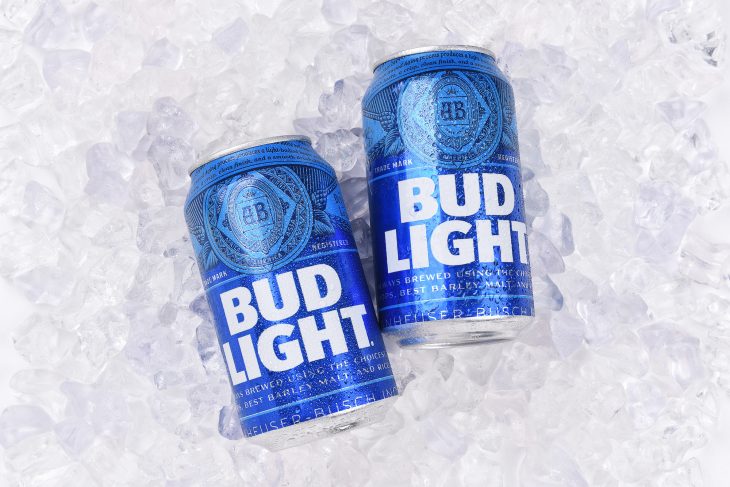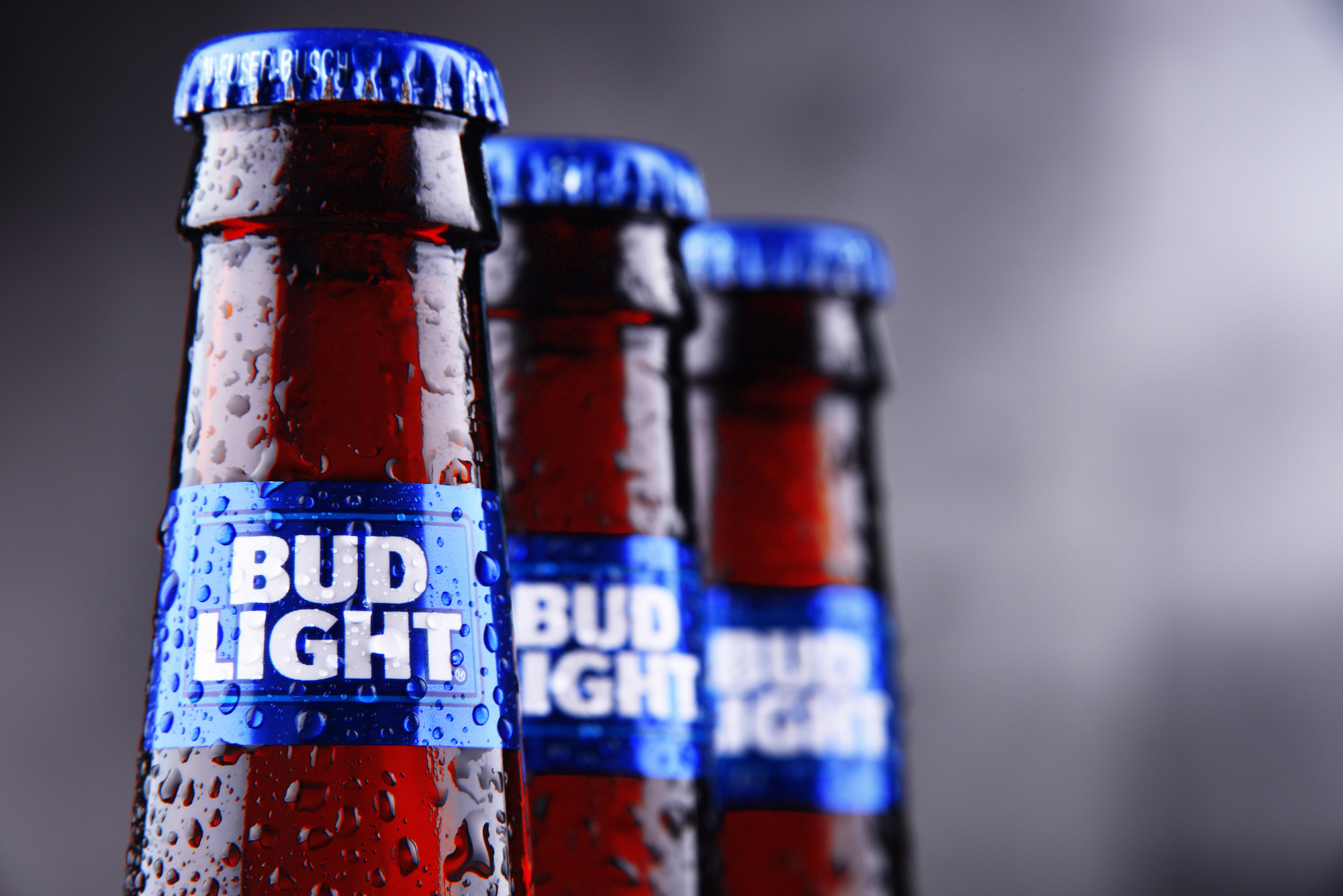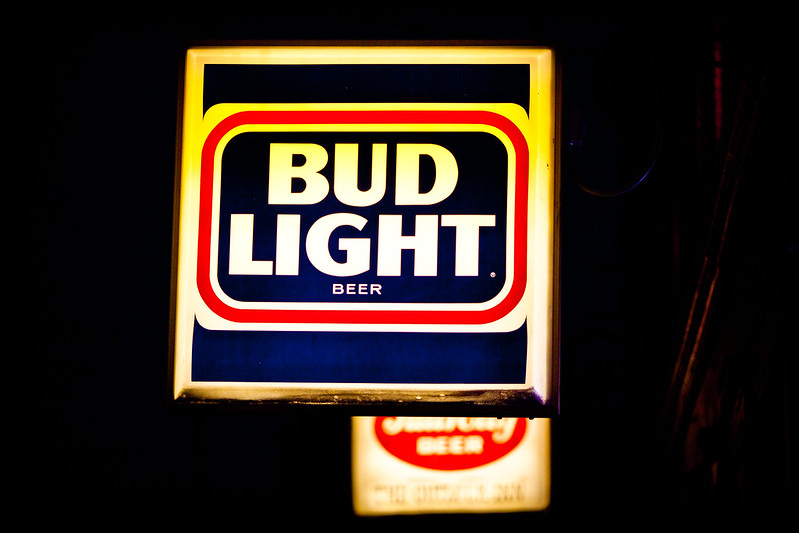
Bud Light is a popular light beer that has been around since 1982. This American-style light lager has captured the hearts of many beer enthusiasts and casual drinkers alike, thanks to its refreshing taste and relatively low calorie and carb content. In this article, we’ll explore 18 Bud Light nutrition facts that you may find interesting and informative.
Calories
A standard 12-ounce serving of Bud Light contains 110 calories. This low-calorie content is one of the main reasons why Bud Light is a popular choice among those watching their calorie intake.
Carbohydrates
Bud Light has 6.6 grams of carbohydrates per 12-ounce serving. This low-carb content also contributes to its appeal as a lighter beer option.
Protein
Each 12-ounce serving of Bud Light contains approximately 0.9 grams of protein. While this isn’t a significant amount, it’s worth noting that this beer does contain some protein.
Fat
Bud Light is a fat-free beverage, making it an even more appealing choice for those looking to reduce their fat intake.
Alcohol Content
Bud Light has an alcohol by volume (ABV) of 4.2%. This is relatively low compared to some other beer varieties, making it a lighter option for those looking to reduce their alcohol consumption.
Ingredients
The primary ingredients in Bud Light are water, barley malt, rice, and hops. The rice helps give Bud Light its characteristic light and crisp flavor.
Gluten Content
Bud Light is not gluten-free, as it contains barley malt, which is a source of gluten. Those with celiac disease or gluten sensitivity should avoid Bud Light and opt for a gluten-free beer instead.
Sugar Content
Bud Light contains 6 grams of sugar per 12-ounce serving. Much of this comes from the natural sugar from the malt barley that is used to make beer.
Sodium Content
Each 12-ounce serving of Bud Light contains 2 milligrams of sodium. This is a relatively low amount, especially compared to other varieties of beer.
Cholesterol Content
Bud Light is a cholesterol-free beverage, making it a heart-healthy choice for those looking to reduce their cholesterol levels.

No Artificial Flavors or Colors
Bud Light does not contain any artificial flavors or colors, which is a plus for those who prefer more natural food and drink options.
B-Vitamins
Beer, including Bud Light, contains small amounts of B-vitamins such as riboflavin, niacin, and folate. However, the amounts are not significant enough to make a meaningful impact on your daily vitamin intake.
Antioxidants
Beer contains some antioxidants, primarily from the hops used during brewing. These antioxidants may have some health benefits, although Bud Light’s low concentration means that the impact is likely minimal.
GMO-Free
Bud Light is GMO-free, which means that it does not contain genetically-modified ingredients, such as corn syrup. However, other beers by the same manufacturer, Anheuser-Busch, have been known to use corn syrup, so make sure you check the label before you start drinking.
Vegan-Friendly
Bud Light is considered a vegan-friendly beer, as it does not contain any animal-derived ingredients or use any animal products in the brewing process.
Caffeine Content
Bud Light is a caffeine-free beverage, making it a suitable choice for those looking to avoid caffeine.
Light Beer vs. Regular Beer
When comparing Bud Light to regular beer, the main differences are in the calorie, carbohydrate, and alcohol content. Light beers, like Bud Light, generally have fewer calories and carbs, as well as a lower ABV. This makes them a popular choice among those looking for a lighter option when it comes to alcoholic beverages.
Bud Light vs. Budweiser
Bud Light is the lighter counterpart to Budweiser, another popular beer produced by the same company. Budweiser has a higher calorie content, with 145 calories per 12-ounce serving, as well as more carbs (10.6 grams) and a slightly higher ABV (5.0%). Bud Light’s lower calorie, carb, and alcohol content make it a more diet-friendly option compared to Budweiser.

Bud Light’s Popularity
Bud Light is one of the best-selling beers in the United States, consistently ranking among the top-selling beer brands. Its popularity can be attributed to its light, crisp taste, and relatively low calorie and carb content, making it a go-to choice for many beer drinkers looking for a lighter option.
Conclusion
In conclusion, Bud Light is a popular light beer with several appealing nutritional qualities, including its low calorie, carb, and sugar content. While it may not offer significant health benefits, it does provide a lighter option for those looking to enjoy a beer without consuming too many calories or carbs. As always, it’s essential to consume alcoholic beverages in moderation and be aware of the potential health risks associated with excessive alcohol consumption.
Was this page helpful?
Our commitment to delivering trustworthy and engaging content is at the heart of what we do. Each fact on our site is contributed by real users like you, bringing a wealth of diverse insights and information. To ensure the highest standards of accuracy and reliability, our dedicated editors meticulously review each submission. This process guarantees that the facts we share are not only fascinating but also credible. Trust in our commitment to quality and authenticity as you explore and learn with us.
